Filter by
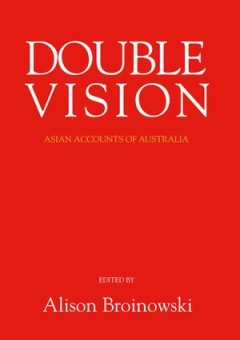
Double Vision Asian Accounts of Australia
Do Australians care about what their Asian neighbours think of them — and does it matter if they don’t? This collection of essays reveals that admiration for Australia is not widespread, particularly among Japanese and Chinese commentators. And how our Asian neighbours perceive Australia is important: perceptions have a powerful effect on the way different societies respond to one another. …
- Edition
- -
- ISBN/ISSN
- 9781921862274
- Collation
- -
- Series Title
- -
- Call Number
- -
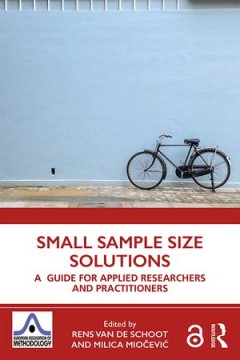
Small Sample Size Solutions A Guide for Applied Researchers and Practitioners
Researchers often have difficulties collecting enough data to test their hypotheses, either because target groups are small or hard to access, or because data collection entails prohibitive costs. Such obstacles may result in data sets that are too small for the complexity of the statistical model needed to answer the research question. This unique book provides guidelines and tools for impleme…
- Edition
- -
- ISBN/ISSN
- 1000760944
- Collation
- -
- Series Title
- -
- Call Number
- -
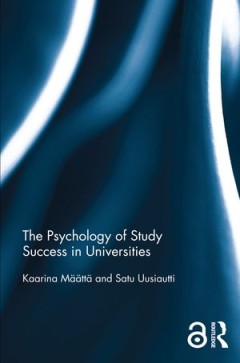
The Psychology of Study Success in Universities
Universities around the world are under increasing pressure to maintain high levels of graduation and to make study processes as efficient as possible, with teachers and students struggling to meet the expectations placed upon them as a result. The Psychology of Study Success in Universities asks whether it is possible to meet these demands at the same time as protecting the well-being of stude…
- Edition
- -
- ISBN/ISSN
- 9781351814683
- Collation
- -
- Series Title
- -
- Call Number
- -
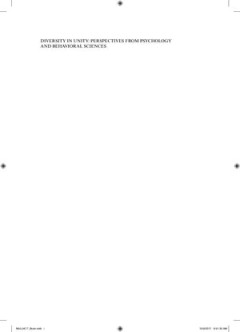
Diversity in Unity
Psychology; Behavioral science; Perspectives
- Edition
- -
- ISBN/ISSN
- 9781138626652
- Collation
- -
- Series Title
- -
- Call Number
- -
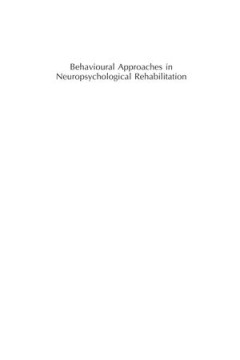
Behavioural Approaches in Neuropsychological Rehabilitation
The potential of behavioural approaches for improving the lives of people with acquired brain injury is immense. Here that potential is laid out and explored with a thoroughgoing regard for clinical practice and the theoretical frameworks that underpin that practice. This book will prove an invaluable resource for clinical psychologists and the whole range of therapists working with patients su…
- Edition
- -
- ISBN/ISSN
- 9780203641545
- Collation
- -
- Series Title
- -
- Call Number
- -
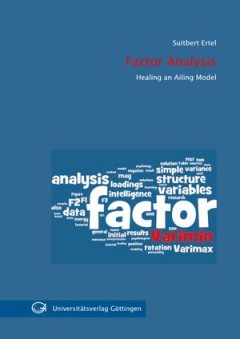
Factor analysis - Healing an ailing model
Exploratory factor analysis (EFA) is a statistical tool for digging out hidden factors which give rise to the diversity of manifest objectives in psychology, medicine and other sciences. EFA had its heyday as psychologist Leon Thurstone (1935 and 1948) based EFA on what he called the “principle of simple structure” (SS). This principle, however, was erroneous from the beginning what remaine…
- Edition
- -
- ISBN/ISSN
- 9783863951337
- Collation
- -
- Series Title
- -
- Call Number
- -
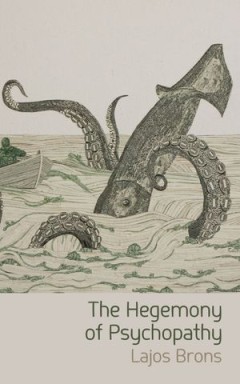
The Hegemony of Psychopathy
Any social and political arrangement depends on acceptance. If a substantial part of a people does not accept the authority of its rulers, then those can only remain in power by means of force, and even that use of force needs to be accepted to be effective. Gramsci called this acceptance of the socio-political status quo “hegemony.” Every stable state relies primarily on hegemony as a sour…
- Edition
- -
- ISBN/ISSN
- 9781947447165
- Collation
- -
- Series Title
- -
- Call Number
- -
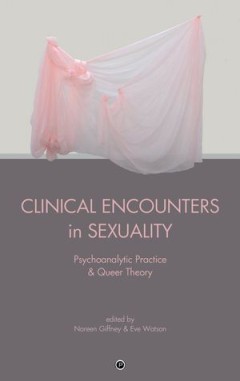
Clinical Encounters in Sexuality Psychoanalytic Practice and Queer Theory
Clinical Encounters in Sexuality makes an intervention into the fields of clinical psychoanalysis and sexuality studies, in an effort to think about a range of issues relating to sexuality from a clinical psychoanalytic perspective. This book concentrates on a number of concepts, namely identity, desire, pleasure, perversion, ethics and discourse. The editors, Noreen Giffney and Eve Watson, hav…
- Edition
- -
- ISBN/ISSN
- 9780998531854
- Collation
- -
- Series Title
- -
- Call Number
- -
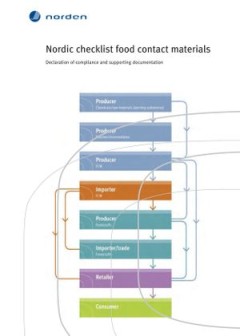
Nordic Checklist Food Contact Materials
Documentation of compliance with the legislation is a corner stone in the control of food contact materials (FCM). In-house control is an important pre-requisite to limit contamination from FCM and shall be based on the declaration of compliance and supporting documentation at the responsible business operators in the supply chain. The goal of this project was to develop a Nordic checklist on d…
- Edition
- -
- ISBN/ISSN
- 9789289343169
- Collation
- -
- Series Title
- -
- Call Number
- 650
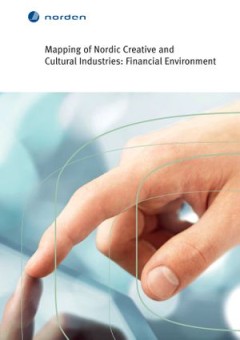
Mapping of Nordic Creative and Cultural Industries
The creative and cultural industries (CCIs) have recently been debated widely, and access to finance has been at the forefront. This KreaNord report, created in 2012, maps the Nordic CCIs’ financial environment, and shows that the environment is facilitating the same access to corporate finance for CCIs as for other sectors. However, the supply of project finance requested by CCIs, is rare/no…
- Edition
- -
- ISBN/ISSN
- 9789289342520
- Collation
- -
- Series Title
- -
- Call Number
- 650
 Computer Science, Information & General Works
Computer Science, Information & General Works  Philosophy & Psychology
Philosophy & Psychology  Religion
Religion  Social Sciences
Social Sciences  Language
Language  Pure Science
Pure Science  Applied Sciences
Applied Sciences  Art & Recreation
Art & Recreation  Literature
Literature  History & Geography
History & Geography